The trend of switching to green production and consumption in Nordic countries brings both opportunities and challenges for Vietnamese export enterprises.
Nordic countries push for green transition
According to the Vietnam Trade Office in Sweden, which is also in charge of the Nordic market, in the context of green transition and sustainable development, Nordic countries such as Sweden, Norway and Denmark continue to lead the way with pioneering policies on renewable energy, circular economy and technological innovation. These policies not only shape the future of the Nordic economy but also create both challenges and opportunities for Vietnamese export enterprises.
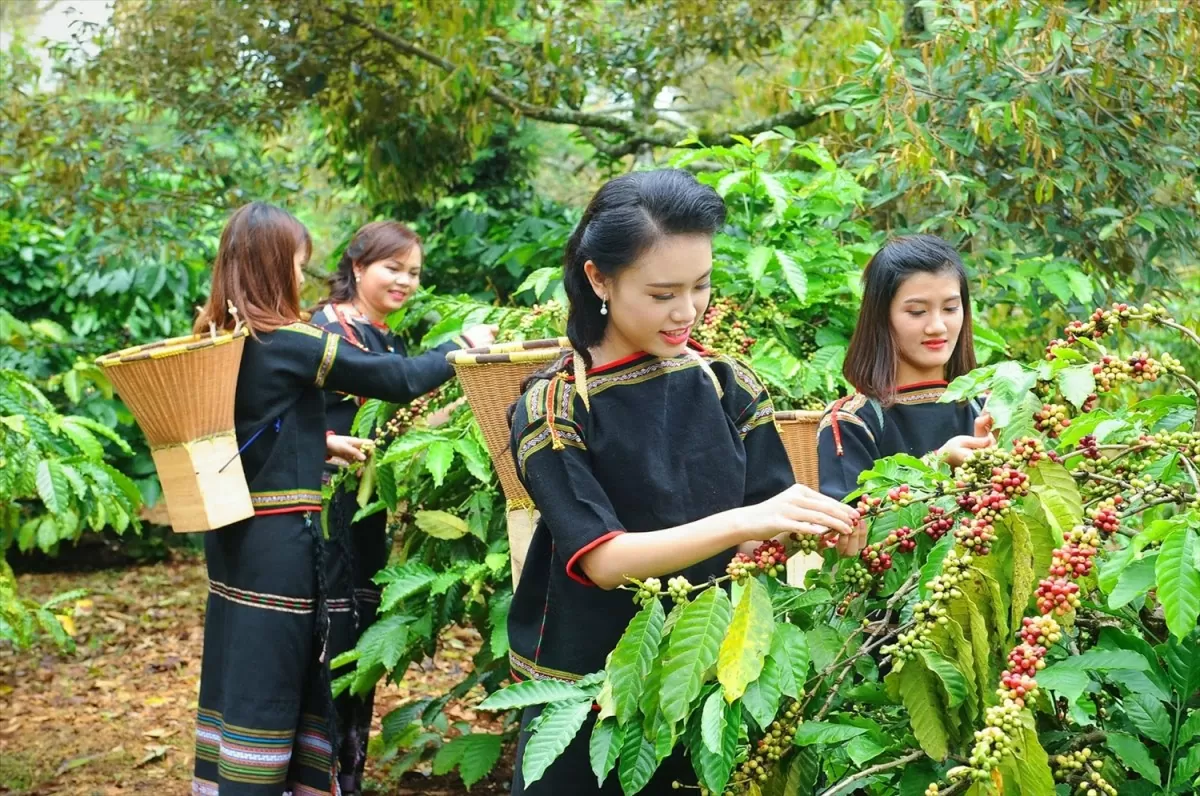 |
| The Nordic market favors organic agricultural products (Photo: VNA) |
Accordingly, the green transition and carbon neutrality are expected to continue to be a key priority for Northern Europe. These countries aim to increase the share of renewable energy and reduce greenhouse gas emissions to a minimum. In Sweden and Denmark, businesses must meet very strict environmental standards, especially for products with a high carbon footprint. For Vietnamese exporters, this means improving production processes, reducing the use of fossil fuels and developing sustainable products. Items such as wooden furniture, textiles and agricultural products will have a big advantage if they are certified to use renewable energy or environmentally friendly materials.
Regarding specific sectors, Ms. Nguyen Thi Hoang Thuy - Director General, Head of the Vietnam Trade Office in Sweden, concurrently in charge of the Northern European market, said that the strong development of the electric vehicle market in Northern Europe also opens up opportunities for Vietnamese enterprises to participate in the supply chain of electric vehicle components and spare parts. Domestic manufacturers can take advantage of this trend by investing in production technology and exporting products serving the green transportation industry.
The circular economy will become an increasingly important factor in the value chain in Northern Europe. Policies to expand recycling and reuse, as well as replace plastics with bio-based materials, are shaping new standards for imported products. For Vietnamese businesses, producing environmentally friendly packaging or using alternative materials such as bio-based plastics from wood pulp, cellulose, or recycled products will help increase competitiveness in this market.
Industries such as agricultural products, seafood and processed foods need to pay more attention to green and reusable packaging. At the same time, ensuring sustainable production processes, compliance with waste management standards and emission reduction will be mandatory if they want to maintain and expand their market share in the Nordics.
In addition, Northern Europe also plays an important role in promoting green trade and the Carbon Border Adjustment Mechanism (CBAM). The CBAM mechanism will impose taxes on imported products with high CO2 emissions, putting significant pressure on Vietnamese exporters, especially in industries such as steel, cement, chemicals and aluminum. To adapt, businesses need to quickly switch to a green production model, reduce emissions in the supply chain and demonstrate their ability to meet the EU's strict environmental standards.
What opportunities are there for Vietnamese businesses?
Ms. Nguyen Thi Hoang Thuy said that green transformation trends may be barriers, but they also open up opportunities for green products and services from Vietnam. Businesses that are able to provide environmentally friendly products, such as organic agricultural products, handicrafts from natural materials or recycled products, will have more opportunities to penetrate the market.
“The Nordic market with its green, sustainable and high-tech consumption trends opens up many opportunities for Vietnamese businesses,” said Ms. Nguyen Thi Hoang Thuy. She also said that, first of all, the demand for organic agricultural products and processed foods continues to increase strongly. Products such as coffee, tea, and cashew nuts, which have already affirmed their quality in the EU market, have the potential to further expand their market share. In particular, processed seafood such as shrimp, pangasius and frozen seafood products are popular choices thanks to meeting food safety and origin standards. Developing products certified as organic or environmentally friendly will help Vietnamese businesses increase their competitive advantage.
Besides food, textiles and footwear are key Vietnamese products in Sweden. Products using recycled, organic materials or with sustainable production processes are highly appreciated by Swedish consumers. Investing in improving production technology, improving product quality and certifying international standards will open up opportunities to increase market share for Vietnamese businesses.
In addition, Sweden has a high demand for handicrafts and traditional, unique goods. Products such as furniture made from sustainable wood, rattan, and handmade home decorations are popular because of their environmental friendliness and rich cultural identity. This is a great opportunity for Vietnamese businesses to develop niche markets in Sweden.
Therefore, businesses need to apply international standards such as ISO 22000, HACCP, IFS to ensure food safety and meet the requirements of Sweden and the EU. In addition, promote Vietnamese branded products through trade promotion programs, international exhibitions and communication campaigns.
Businesses also need to transform their production processes towards sustainability, using organic materials and recycled packaging to meet the green consumption trend in Sweden. At the same time, cooperate directly with large retail chains: Seek opportunities to cooperate with large retail systems such as ICA, Coop and Axfood to bring Vietnamese products directly to the shelves.
Regarding the EU market in general, Ms. Nguyen Thi Hoang Thuy informed that recently, this market has had a series of new regulations. On January 9, the European Commission imposed anti-dumping measures on two important products imported from China: titanium dioxide (TiO2) and mobile access equipment (MAE). For example, for titanium dioxide (TiO2), the applicable tax rates range from 0.25 to 0.74 Euro/kg. Or for mobile access equipment (MAE), the tax rates range from 20.6% to 54.9%. “ Vietnamese businesses should pay attention to changes in EU trade policy, which is an opportunity to enter this potential market. For TiO2, Vietnam can provide alternative materials for EU industries looking for supplies outside of China. In the MAE sector, businesses should invest in improving product quality, researching and developing equipment for the construction and telecommunications industries, and complying with strict EU regulations to increase competitiveness, ” Ms. Nguyen Thi Hoang Thuy recommended. |
Source: https://congthuong.vn/bac-au-tang-chuyen-doi-xanh-co-hoi-cho-doanh-nghiep-viet-371231.html






![[Photo] Closing of the 11th Conference of the 13th Central Committee of the Communist Party of Vietnam](https://vstatic.vietnam.vn/vietnam/resource/IMAGE/2025/4/12/114b57fe6e9b4814a5ddfacf6dfe5b7f)
![[Photo] Overcoming all difficulties, speeding up construction progress of Hoa Binh Hydropower Plant Expansion Project](https://vstatic.vietnam.vn/vietnam/resource/IMAGE/2025/4/12/bff04b551e98484c84d74c8faa3526e0)
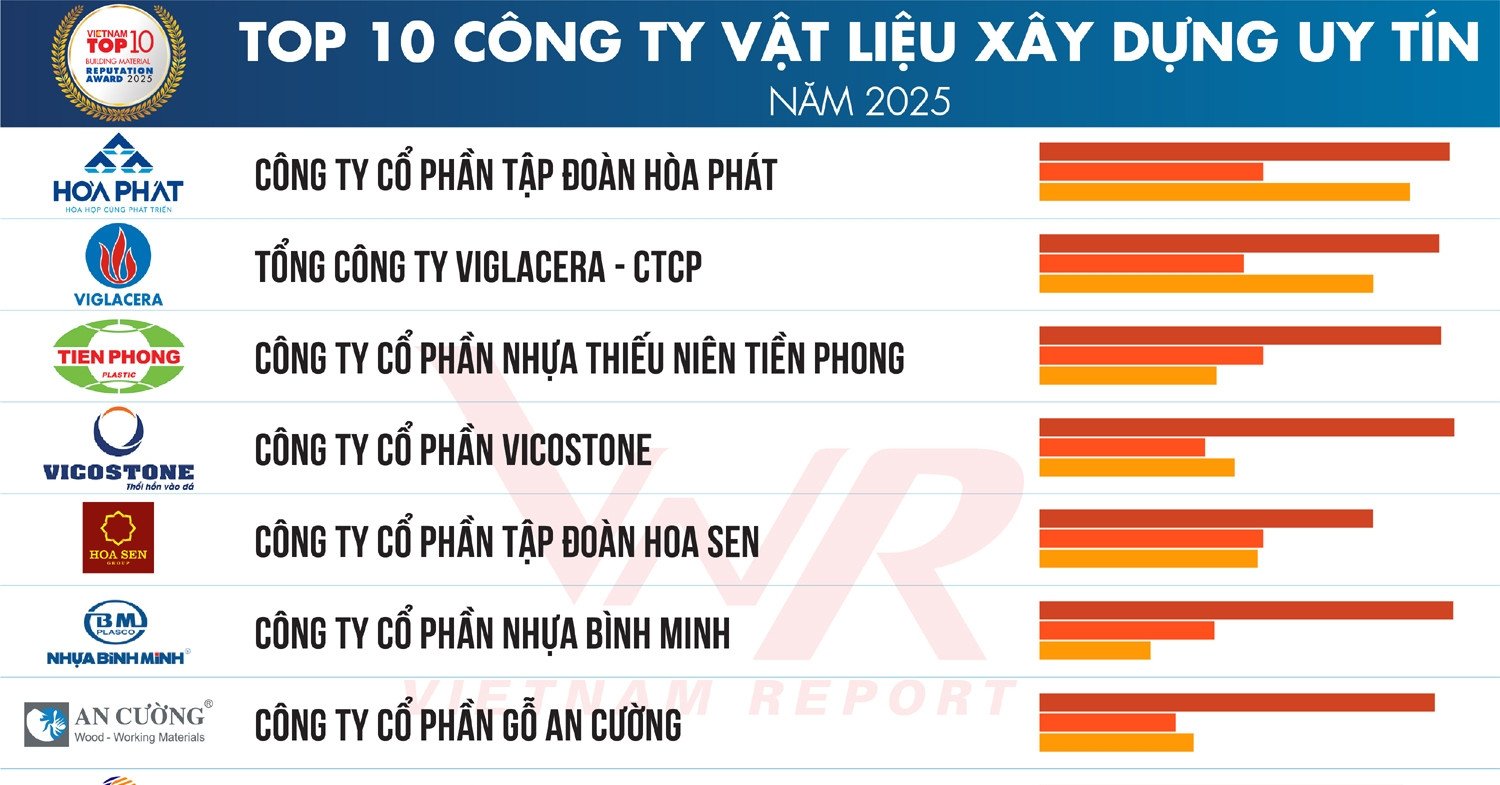

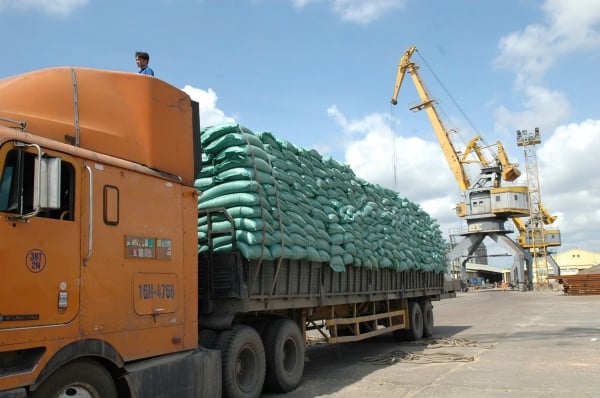
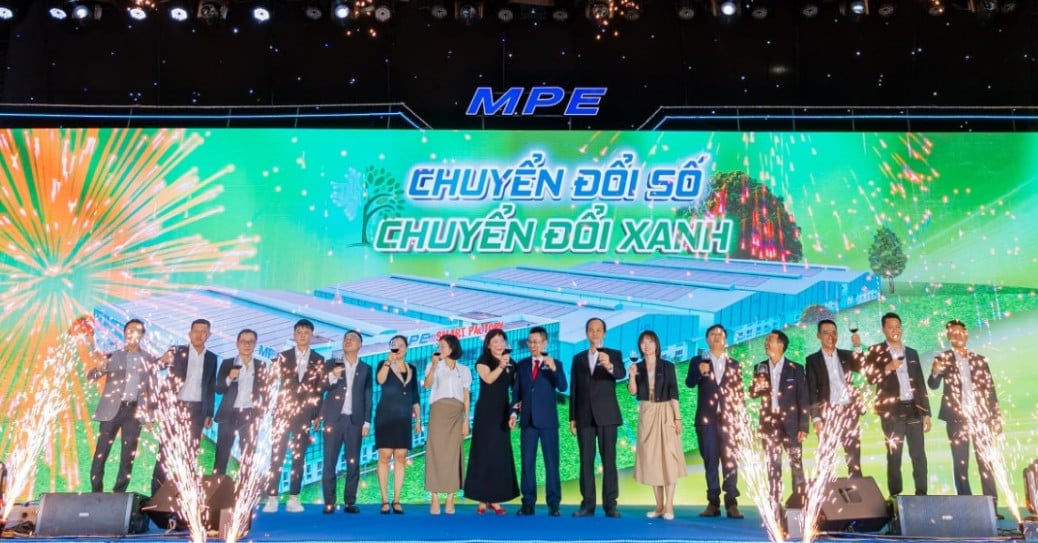
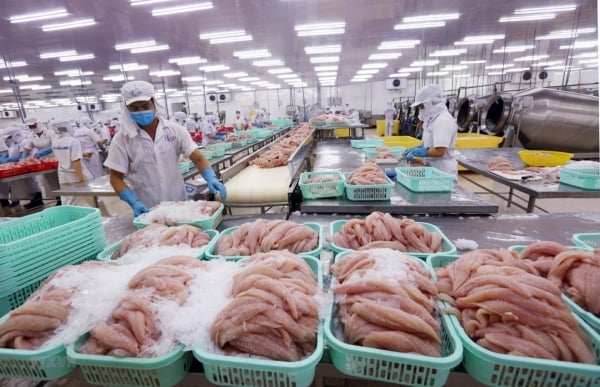
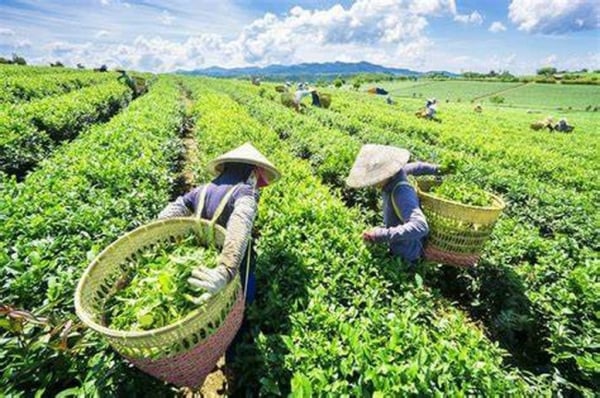
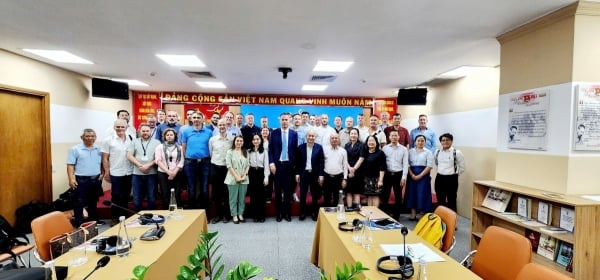
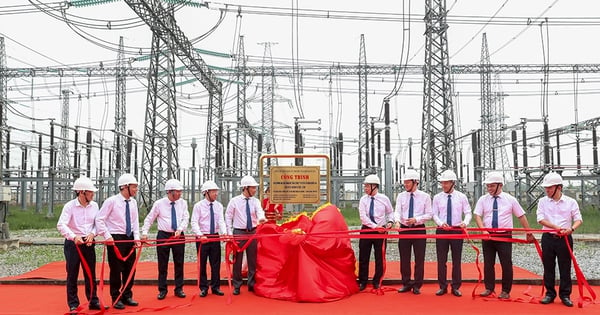
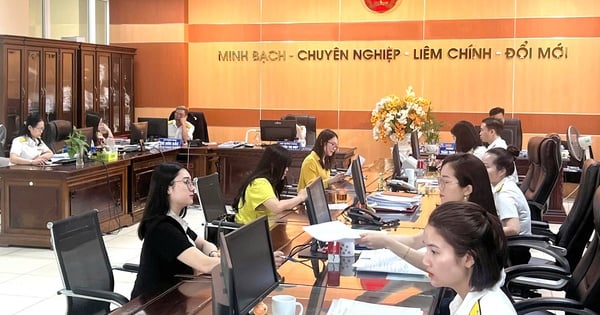
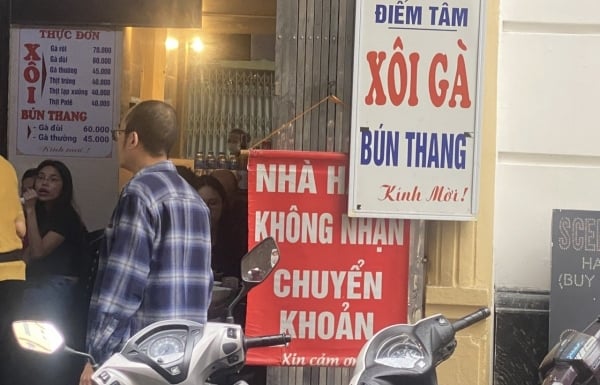
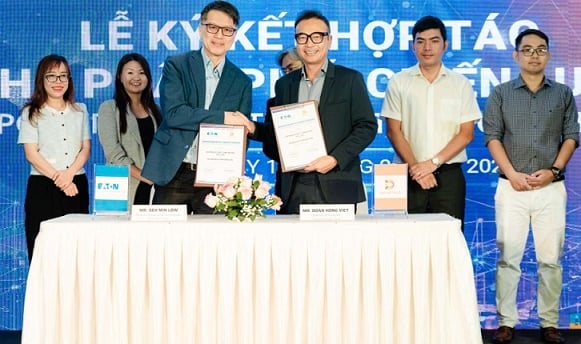
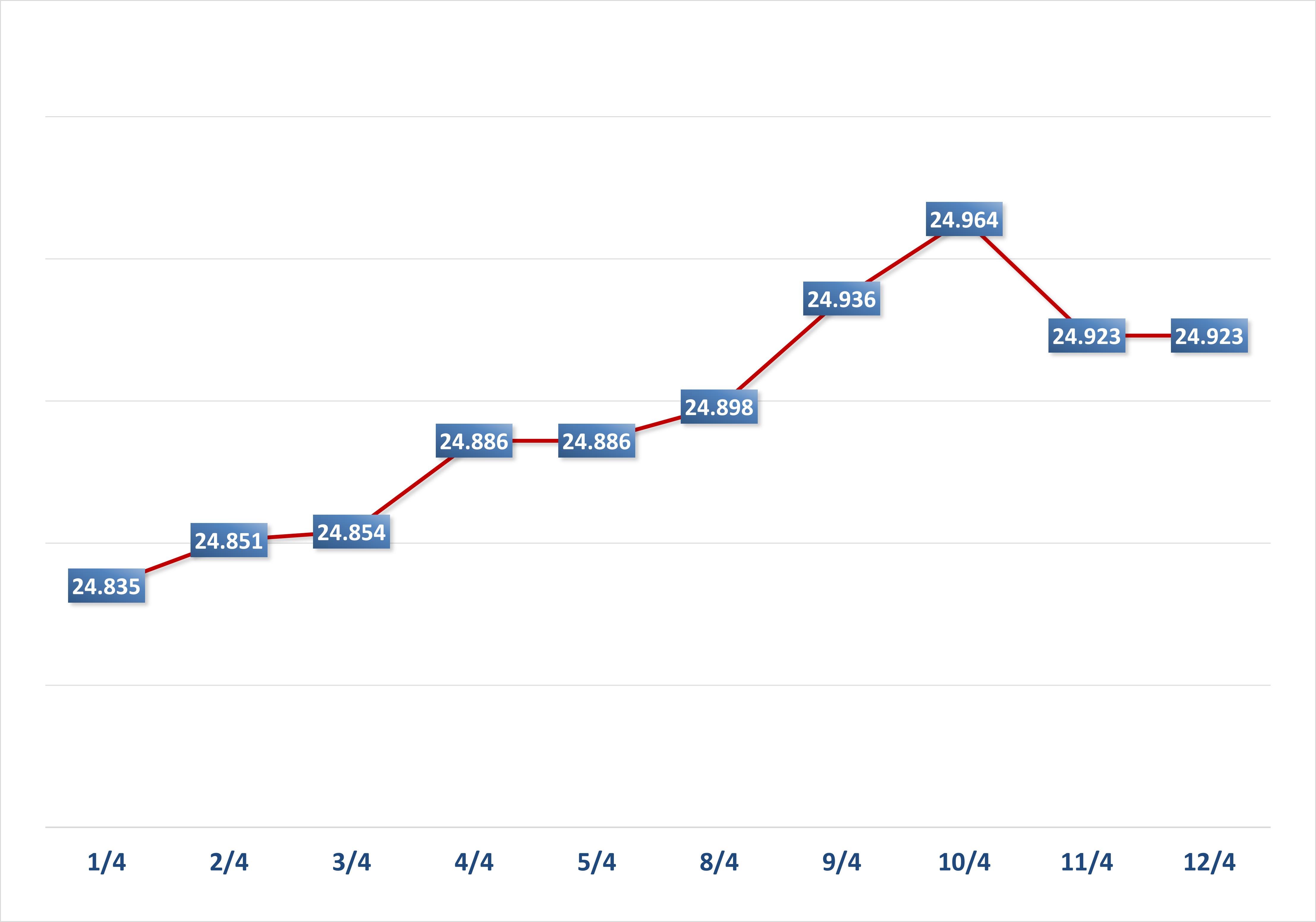
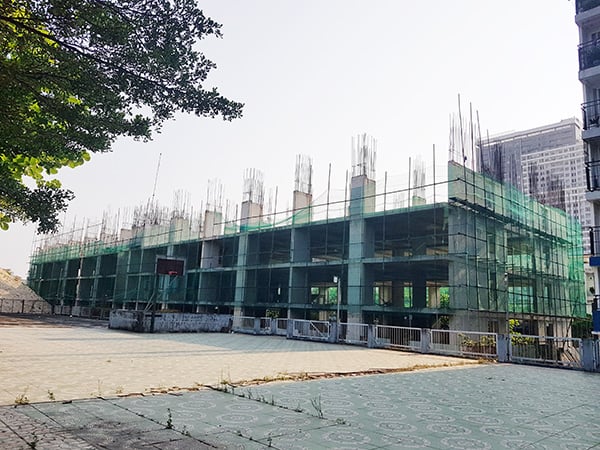



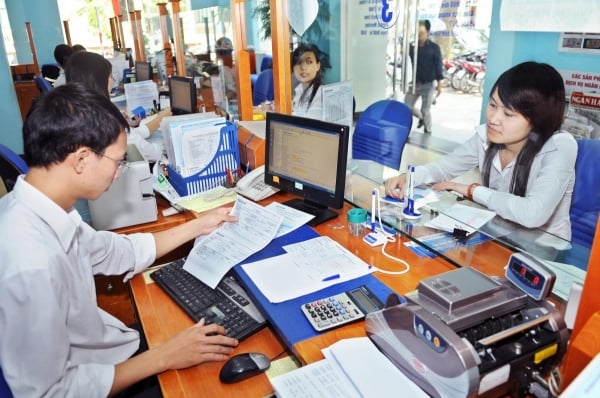
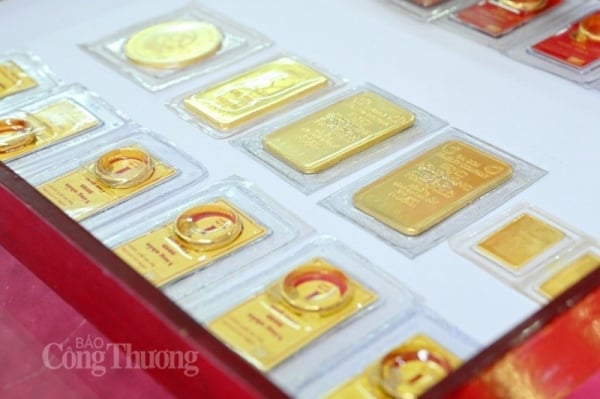
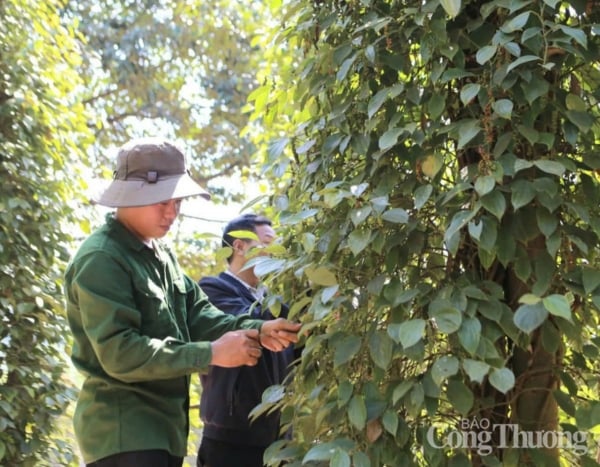
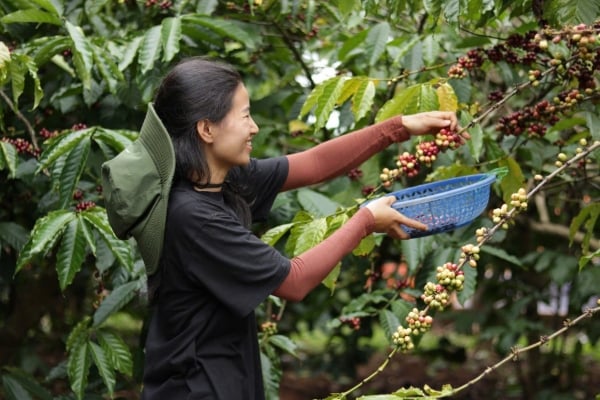

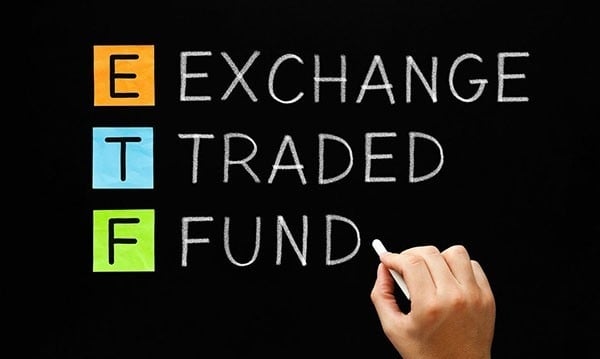

















































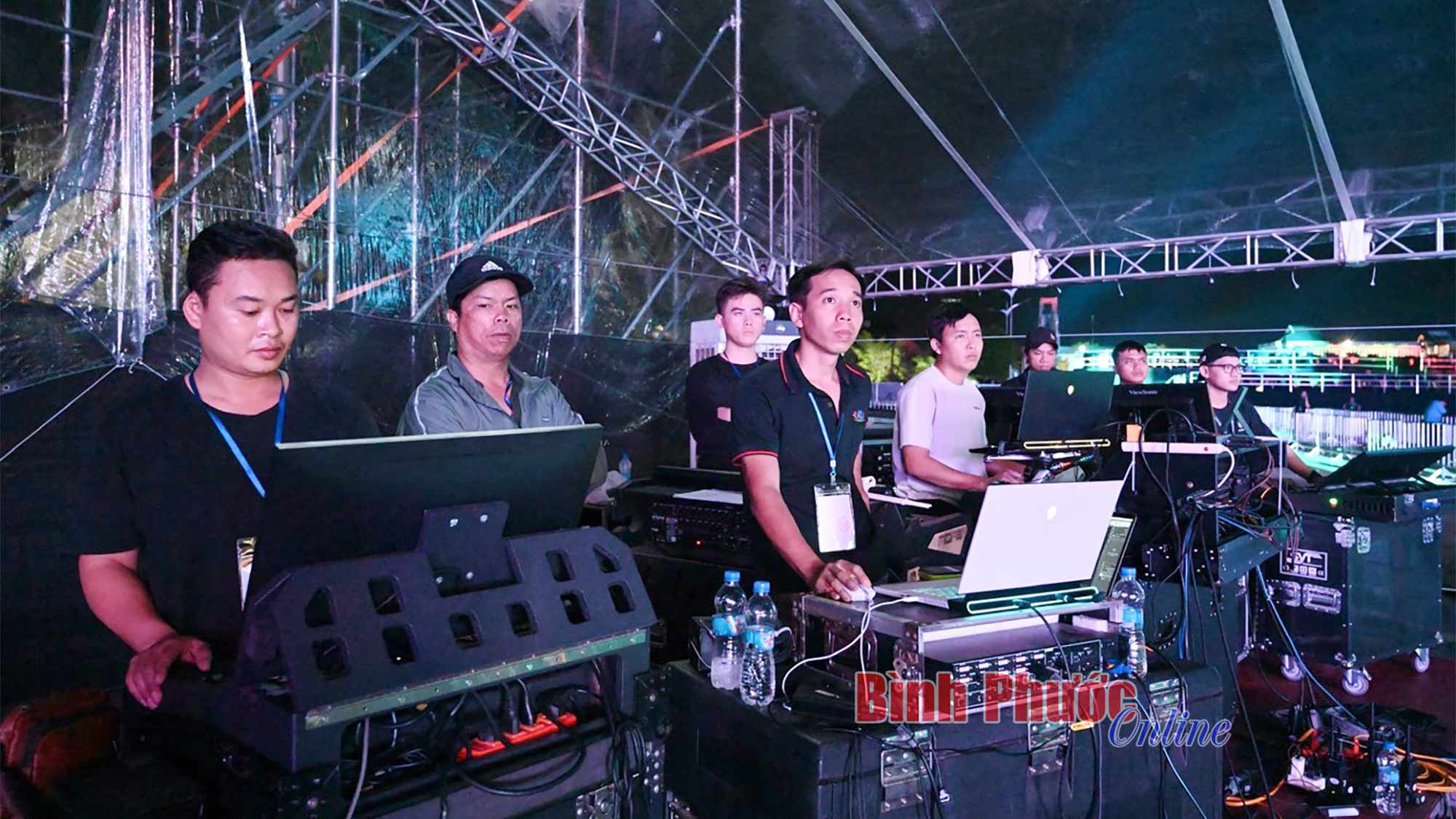















Comment (0)